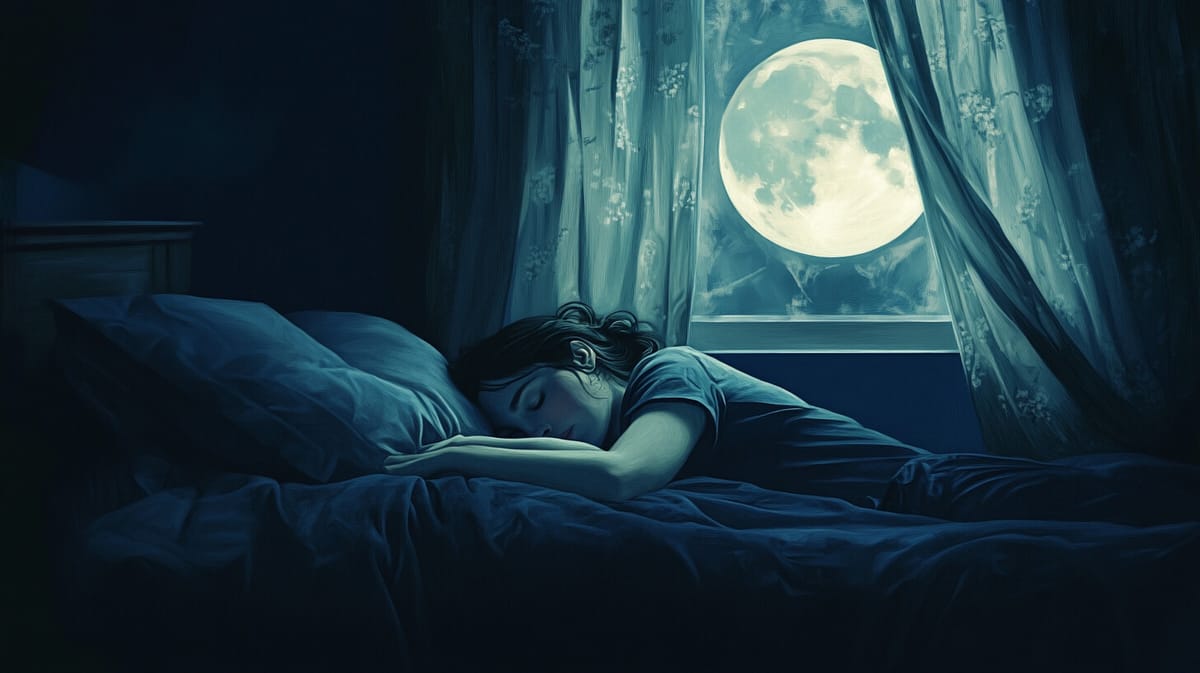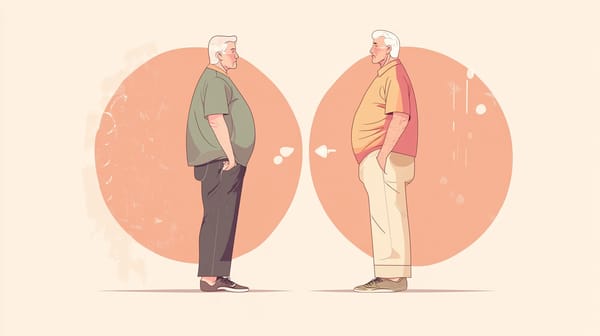Is Your Bedroom Light Sabotaging Your Weight Loss Efforts?

The Surprising Link Between Artificial Light and Weight Gain
A recent study published in JAMA Internal Medicine has shed light on a surprising connection between artificial light exposure at night and obesity. The six-year study followed nearly 44,000 women aged 35-74 and found that those who slept with artificial light sources in their bedrooms, such as overhead lights or televisions, had a 17% higher risk of gaining around 11 pounds compared to those who slept in complete darkness. Furthermore, the obesity rates were 33% higher among women exposed to artificial light while sleeping.
How Light Exposure Disrupts Our Circadian Rhythm
Lead author Dr. Yong-Moon Park explains that humans are genetically wired to be active during daylight hours and sleep in darkness at night. Exposure to artificial light while sleeping can disrupt the body's natural 24-hour clock, leading to hormonal changes and alterations in biological processes that regulate sleep, appetite, and weight gain.
Interestingly, the study found that even light coming from outside the bedroom, such as from other rooms or street lights, was associated with a slightly increased risk of weight gain. However, the study did not explore the impact of overall artificial light exposure, including during the day, on weight.
The Importance of Quality Sleep in Weight Management
This study adds to the growing body of research linking sleep issues, such as insomnia, sleep duration, and sleep disruptions, to higher rates of obesity. One study published in Sleep Medicine found that the incidence of obesity was higher among individuals who slept less than six hours or more than nine hours per night. Another study noted that chronic insomnia was associated with higher BMI.
Dr. Lu Qi, director of the Tulane University Obesity Research Center, emphasizes that while improving sleep should be a priority for weight management, it is just one of the known risk factors for obesity. Other lifestyle factors, such as an unhealthy diet, sedentary lifestyle, stress, and smoking, also contribute to an increased likelihood of being overweight or obese.
Actionable Steps for Better Sleep and Weight Management
While the study's results are not conclusive, Dr. Park suggests it is reasonable to advise people not to sleep with lights on, as turning off lights at bedtime may be a simple step towards reducing the chances of weight gain.
In addition to minimizing artificial light exposure at night, consider implementing these sleep hygiene tips:
- Establish a consistent sleep schedule, even on weekends
- Create a relaxing bedtime routine to signal to your body that it's time to wind down
- Ensure your bedroom is cool, quiet, and comfortable
- Limit caffeine and large meals close to bedtime
- Engage in regular physical activity, but not too close to bedtime
Remember, while improving sleep habits is essential, it is equally important to address other risk factors for obesity through a balanced diet, regular exercise, stress management, and avoiding smoking. By adopting a holistic approach to health, you can optimize your weight management efforts and overall well-being.




